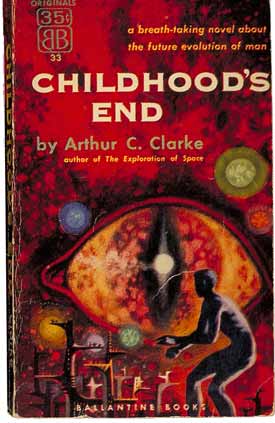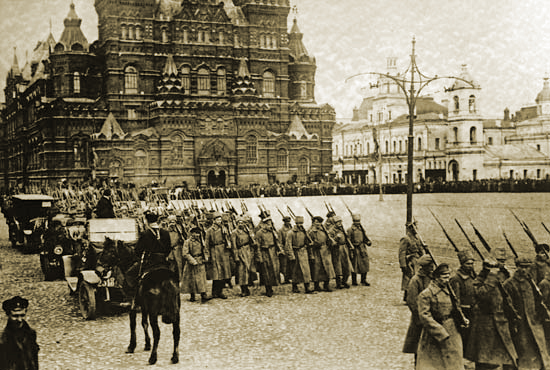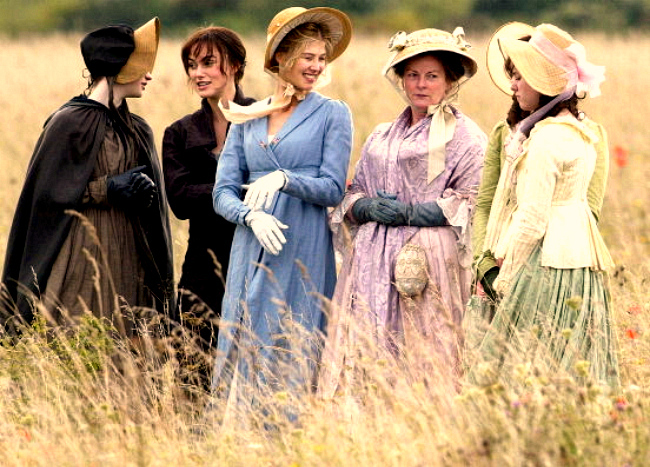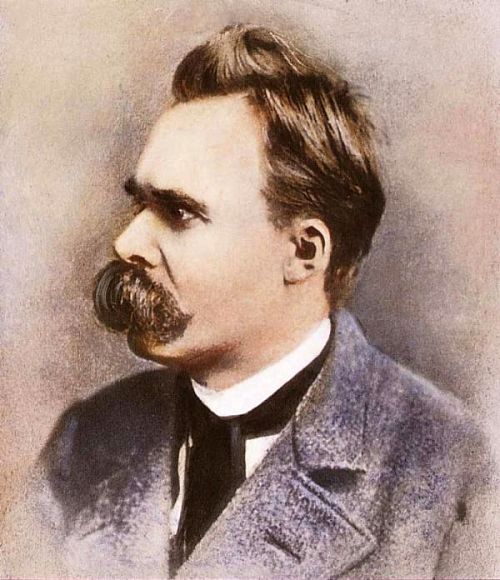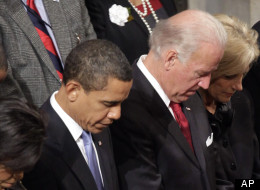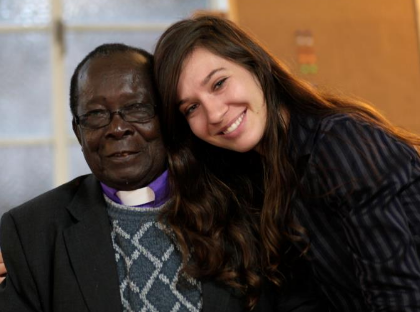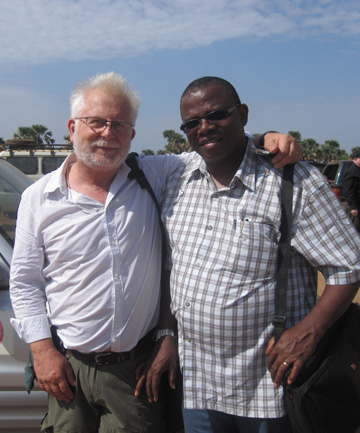Or:
Equality, the immovable object that stands in our way
Now that I am following Tom Sunic in that an egalitarian mindset is behind the empowerment of the Jews, the article “Moral Barriers to White Survival” by Alex Kurtagic published in American Renaissance (reproduced below) makes much sense, in spite of the fact that Kurtagic has been very reluctant to blame Christian axiology directly. He rightfully blames Enlightenment values though, but does not go as far as the European New Right which seems to perceive the root of our woes in our parents’ religion.
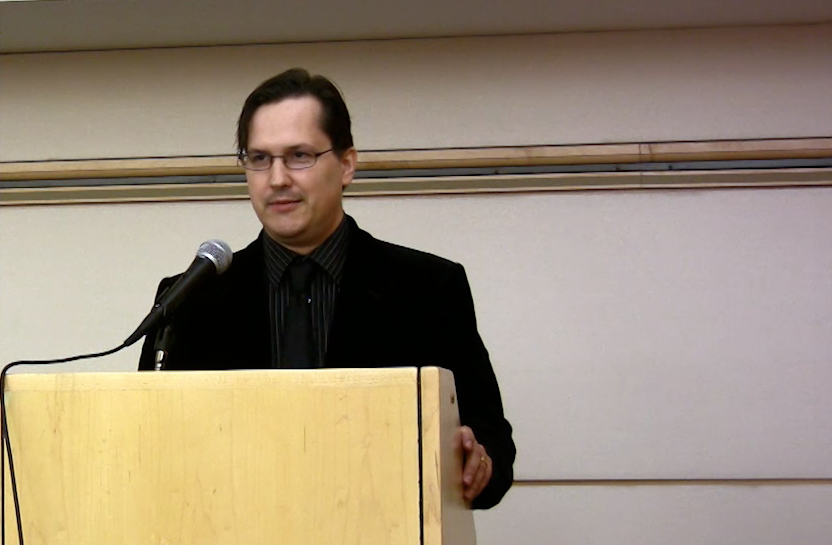
Many race realists are frustrated by liberal resistance to empirical truths. They would like to think that any rational person will study the facts, reflect upon them, and modify his beliefs accordingly—not immediately, of course, nor without a healthy measure of skepticism, but surely over time. Yet, as I have often said, in discussions of race and race relations “the facts” are not as important as we would like to think, because when choosing sides on this topic people are motivated primarily by non-factual considerations. In this essay I will explore the reasons why liberalism, though rooted in the scientific revolution and coming from the rationalist and empiricist intellectual traditions, has proven so impervious to the science of race.
Any facts or arguments that are brought into a discussion about race and race relations are nearly always subordinated to social considerations. Some of these are the need to be liked by family and friends; the desire to be liked by those one likes and admires and by whom one wants to be liked and admired; the need for social status; and ethnic identification. These considerations, because they are important sources of essential human needs, may cause the same set of data to be interpreted by people in radically different ways, including ways that fly in the face of evidence and make no objective sense.
We have an obvious example in the liberal/Left’s assertion that race has no biological basis, when the senses tell us otherwise and there is even race-specific medicine. A liberal/Leftist is committed to a moral system that deems equality an absolute moral good, and in a Western society, his status, particularly among whites, depends on his being considered morally righteous. Therefore, he will readily accept convenient data but dismiss inconvenient data or make it conform to his requirements. Those who accept this convenient data are embraced by whites in Western societies as morally sound, while those who accept inconvenient data are marginalized as moral defectives.
Such bias is not exclusive to liberalism or the Left; it is everywhere. What changes according to ethnic identification and cultural context is the value assigned to a morality based on universal abstract principles: For whites in the West this is very important, for other groups, in the West and elsewhere, it is less so, as their moral systems tend to be particularist and ethnocentric rather than universalist—the good is what is good for them.
In Western societies, whites who hold unconventional views, even views that fall outside liberal morality, are not exempt from such bias either.
Critique of pure empiricism
Race realists are a product of modernity and Enlightenment philosophy. They realize that humans are motivated by moral and ethical sentiments rather than reason, but, at the same time, they act as if knowledge, understood as empirical evidence processed by reason, ought to be the basis for morality. In this sense they are the diametrical opposite of their opponents, for whom what ought to be determines what is.
Put in more simple terms, race realists forget that knowledge does not come into being in a moral vacuum. On the contrary, knowledge is sought and acquired by individuals committed, a priori, to a given moral code, and this knowledge is interpreted, disseminated, and then used in accordance with a moral code.
Liberal morality
The dominant moral system in the West is liberal morality. To understand this system we need to understand the structure of liberalism.
In liberalism, the historical subject is the individual. The individual is the measure of all things. The idea behind liberalism is to “liberate” the individual from anything that is external or transcendent to him, such as faith, tradition, and authority. The transcendent implies hierarchy: subordination of the individual to something higher. Absent this higher something, one is left only with the individual, and without faith, tradition, or higher authority, an individual becomes like any other individual. Thus, equality.
When individuals are equal, they have an equal claim to a slice of the pie. Thus the ideal type of government becomes democracy, in its most radical form. Concurrently, where there is equality, what applies to one individual applies to all equally, everywhere and always. This means universalism.
The abandonment of the transcendent leads to a worldview that is entirely secular, rational, and material. The way to happiness then becomes material increase, pursued by rational means. This results in production, consumption, and economics. It becomes necessary to produce and to find ways to maximize production. Individualism, equality, democracy, universalism, secularism, rationalism, materialism, and economism constitute the foundations of liberal morality.
Not all of these values have equal importance. Two of them—liberty and equality—are privileged above the others, and have produced two strands of liberalism in modern times. The strand that favors equality incorporates the Marxist critiques of liberalism formulated during the 19th and 20th centuries; this is the dominant strand of liberalism today.
The strand that favors liberty is closer to Classical Liberalism, and its purest expression is libertarianism; this represents an important oppositional view within liberalism. It is important to note, however, that both strands regard equality as an absolute moral good. In liberalism, in both its dominant form and its main oppositional form, the moral goodness of equality is taken for granted and stands beyond discussion or criticism. Liberal morality considers the questioning of the goodness of equality a serious moral defect.
Liberal morality therefore deems race realism an evil because race realism asserts the essential inequality of man. In this way liberal morality puts race realism outside the realm of acceptable discourse, and race realists outside the realm of civilized society.
Critiques of liberalism and its effects
During the 19th and 20th centuries, liberalism was subjected to critiques, from both the Left (Marxism) and the Right (Fascism/National Socialism). Liberalism, Marxism, and Fascism/National Socialism are the three primary ideologies of modernity. Fascism and National Socialism were defeated by Marxism and liberalism in 1945, and Marxism was defeated by liberalism in 1989. Of the three ideologies of modernity, only liberalism survives.
Fascism and National Socialism fell into discredit after the war and, due to their being inegalitarian ideologies, became shorthand for evil. Marxism was partially absorbed by modern liberalism because of its egalitarian morality, thus tipping modern liberalism even more heavily toward egalitarianism. As a result, modern liberalism is distinct from classical liberalism.
The triumph of liberalism has, in turn, made it invisible. Russian theorist Alexander Dugin claims that it has long since ceased to be political, and has gone on to become a taken-for-granted practice. We have certainly seen liberals branding critiques of liberalism as “ideological” without any sense that their own worldview is ideological.
Opposition of liberty and equality within liberalism
The triumph of liberalism, and the triumph of equality within liberalism, has meant that now, even liberty is subordinated to the requirements of equality. As communism and the multicultural experiment have demonstrated, liberty and equality are incompatible, so the ever-greater pursuit of equality results in the ever-greater erosion of liberty. A commitment to radical equality results in the proliferation of laws, state surveillance, police enforcement, prosecutions, incarcerations—and bureaucracies to administrate all of the above, and higher taxes to pay for all of it.
This is nowadays always justified with the argument that unlimited freedom leaves the field open to “fascism” (i.e., inequality), and that liberty must be curtailed in order to protect, guarantee, and maximize equality. We end up with a circular argument, then, whereby equality is good because it increases equality.
Immovable object?
Therefore, the single biggest impediment to the cause of Western man in the West is not lack of knowledge about race, but lack of a moral justification for valuing whiteness and everything it entails. Obviously, to value whiteness gives it a special status, which means inequality. In liberal morality, it is not acceptable to recognize whiteness, because it is a category that exists above the individual, and the individual is supposed to be the measure of all things, a tabula rasa, equivalent and interchangeable with any other individual.
In addition, modern liberalism incorporates a Marxist historiography in which whites are an oppressor class and people of color an oppressed class. This is explicitly the historiography of the postcolonial theory that is taught in Western universities, which privileges the voices of the colored “oppressed.” These voices subject whiteness and the West to radical deconstruction and criticism. Whiteness is, in fact, allowed recognition only when it is linked to oppression; in any other context, a black person has the specificity of his blackness, but a white person has the unspecificity of being simply a human, who is no different from or more special than anyone else.
Thus, belief in the moral goodness of equality is the seemingly immovable object that stands in the way. If politics is the art of the possible, then any campaign predicated on values outside the perimeter of what is morally acceptable—i.e. outside liberal morality—will not be politically possible.
The cause for Western man requires a fundamental shift in consciousness that would begin with a thorough discrediting of the notion that equality is a moral good. Until this has been achieved, ethnic politics privileging whiteness in the West will go nowhere, and it will remain easy for the liberals to shut down debate with the simple expression of outrage and name-calling.
Time horizons
Critics of this view may object that while it may be true that a change of politics will require a change of moral system, the time necessary to achieve this is too long and no longer available to us.
This objection assumes that challenging liberal morality is an entirely new project that must begin from zero. In fact, liberal morality, like all ideological moral systems, is merely a transient phenomenon, whose present dominance conceals the long tradition it once successfully challenged. Since ancient times and until the more recent part of the modern era, Westerners have considered quality more important than equality. Consequently, there is a vast philosophical canon to draw from, recover, reinterpret, and adapt to the modern world. Indeed, this has been the project of the European New Right, and The Fourth Political Theory, by Dugin, is an important contribution to this effort that outlines possibilities for a way forward, though any fourth political theory towards a post-liberal West would necessarily need to be home-grown and have a uniquely Western formulation.
The objection also partakes, inadvertently, in liberal cosmology, which conceives historical processes as linear progressions. In fact, as communism demonstrated, when power changes hands, the transition is not incremental but abrupt, with dissent gestating almost invisibly at first, under the surface, before growing exponentially, achieving critical mass, and producing a sudden change in state. This is also the way transformations occur in nature and the universe.
Liberal morality will eventually collapse. The question in the West is whether it will give way to another, autochthonous morality or to the morality of our conquerors. If the former, historians of the future will probably not see us as a rupture, but as yet another reinvention of European man within his wider metacultural tradition; they are likely to see liberalism as a political-moral-philosophical paradigm that came and went, the way others had come and gone before. Historians of the future may mark the periods of history differently from us, and by tracing the origins of our ideas, may decide that this reinvention was the culmination of a process that had begun centuries before.
Conservative commentators, such as Pat Buchanan, blame the multicultural society in the West on the Frankfurt School of Social Research and other such Freudo-Marxist subversion, and place the watershed moment of social transformation in the 1960s. Mr. Buchanan is, however, a liberal, albeit of a more classical or archaic sort than his critics, who are also liberals. We can trace the origins of the multicultural society much further back, to the Enlightenment, of which the United States (but not the colonies out of which it was organised) is an expression. European New Right intellectuals and historians trace it farther back still, to Christian metaphysics, which sees all men created in God’s image, with salvation available to all.
The question in the West is how much territory we will lose before we can successfully discredit liberal morality. Curtailing those losses will require the artificial precipitation within liberalism of a moral and intellectual crisis that puts current morality on the defensive, generates doubt and loss of confidence in its principles, and leads eventually to panic, overreaction, and loss of credibility. The speed at which this can be achieved depends on complex factors, not to mention a measure of good fortune, but modern technology enables us to communicate and disseminate ideas more rapidly, more widely, and more cheaply than ever before.
Theory into practice
In any movement there are five planes of operation: the intellectual, the strategic, the organisational, the activist, and the man in the street. The first four are the movement proper and the latter is its target, which can be divided into three categories: the committed, who cannot be persuaded either for or against; the persuadable, who are the primary target for recruitment; and the conformist, who is apolitical and will follow whomever looks like a winner.
The activist will be useless, even counter-productive, unless his message and his arguments are informed by a sound, appropriate, and articulable moral theory; unless he is organised to operate credibly and effectively; and unless his organisation has strategies that can translate abstract theory into a pragmatic, results-oriented program of action.
The discrediting of liberal morality will need to be a process that begins with theoretical tracts and ends with protests, sit-ins, strikes, boycotts, and a pattern of establishment compromises and capitulation. The general theory will need to find its way into an endless barrage of narrowly defined, single-issue, winnable campaigns. It will be up to each individual to decide his preferred tactic and field of operation, based on his own strengths, weaknesses, experience, and areas of expertise. In this sense the opportunities are endless.
In the battle for the West the main obstacle in the Anglo-American world has been its aversion to theory. Anglo-Saxon man is pragmatic by nature, not given to philosophical speculation. He prefers to deal in the concrete and the factual. This problem is compounded by the fact that the United States—the world’s dominant power—is an Enlightenment project, whose founding documents were formulated by classical liberals in accordance with their philosophy. United States institutions may have fallen into the hands of hostile elites, but the liberal values of liberty, equality, democracy, and progress remain strong, and are, in fact, exploited by these elites to advance their interests. Theory is important. A way around this is to focus on morality, because Anglo-Saxon man is deeply preoccupied with morality.
The breakthrough will have been achieved when homo equalis is filled with deep feelings of shame when he is confronted with his own beliefs.
Caveats
The destruction of liberal morality will cause the collapse of liberalism. However, the collapse of liberalism will not necessarily mean that the individual values that comprise it will henceforth all be beyond the pale. It may be that not all of liberalism is bad and some of its constituent parts can be repurposed within a different set of value relations. If so, they will not be recognized as part of liberalism.
Also, while theory is important, this does not mean that everyone reading this should become a theoretician. For the Marxist, his theory is everything, but the anti-racist thugs who disrupt conferences and other events, while a product of Marxism, are unlikely to have ever read Marx, for they can hardly read their own names.
Final words
Ultimately, the problem of race realism is reducible to a single idea: that it is not the facts, but how people feel about the facts. The barriers that have limited or prevented the communicability of our proposition will only start to fall away when the value of whiteness can be expressed in righteous tones.
___________________________
See also “The liberal axiom,”
which could be used as a corollary to Kurtagic’s piece.


